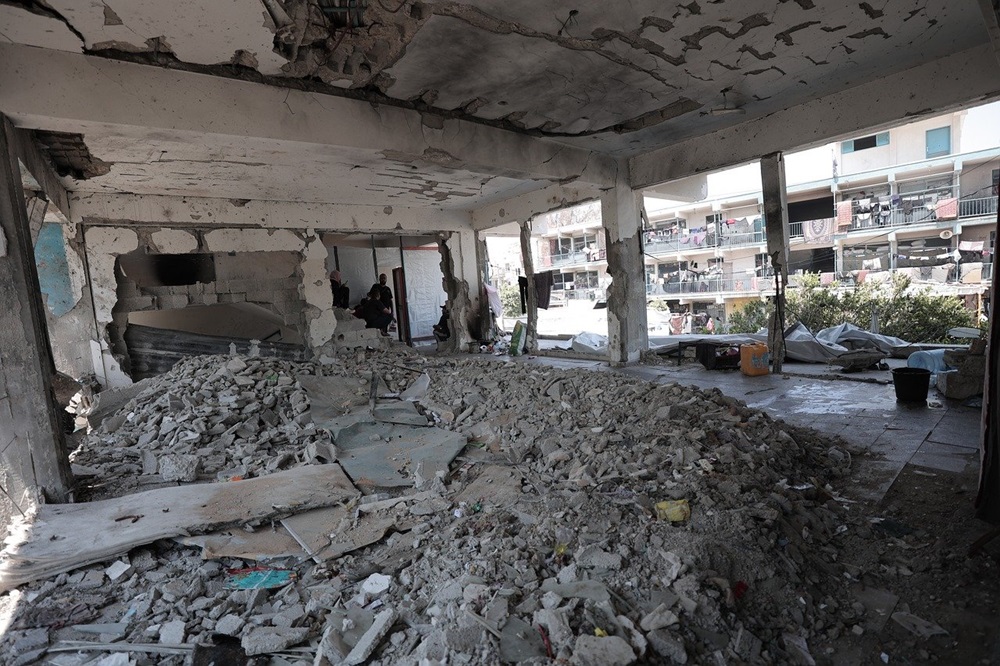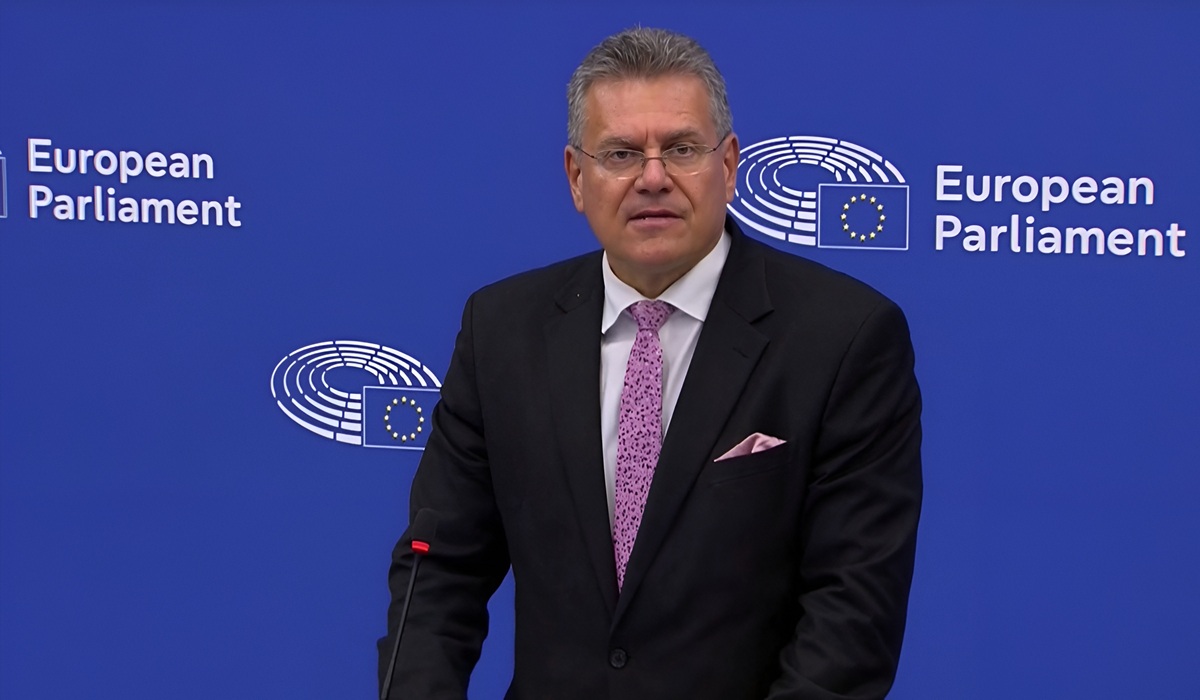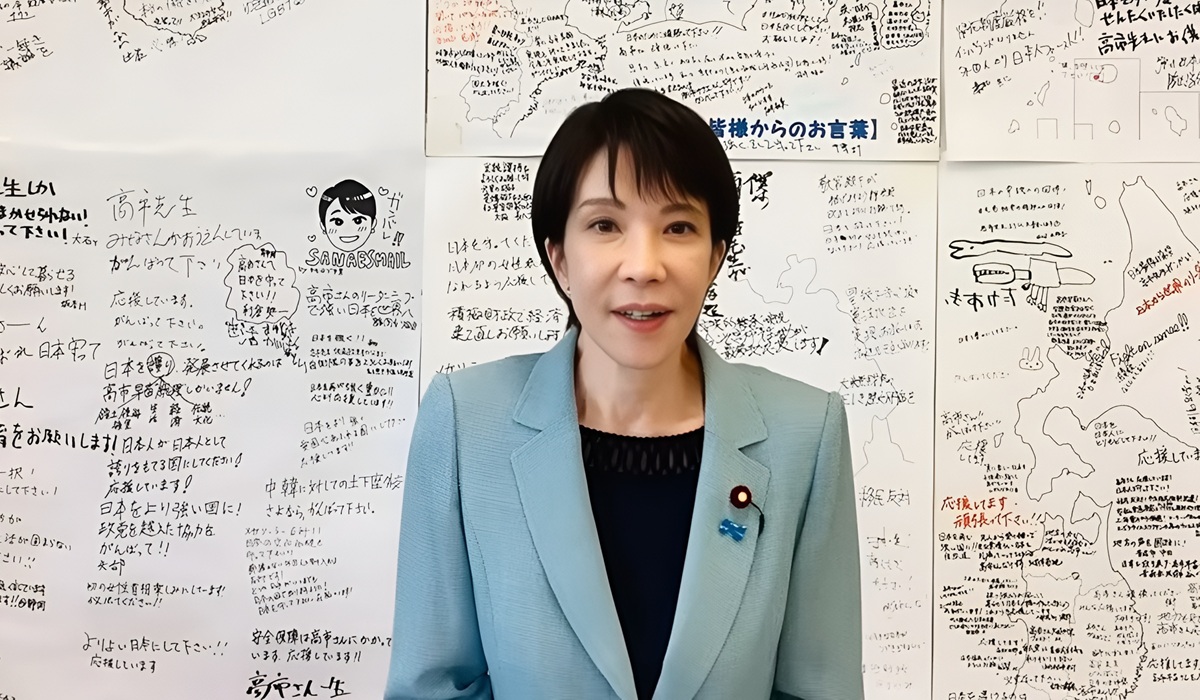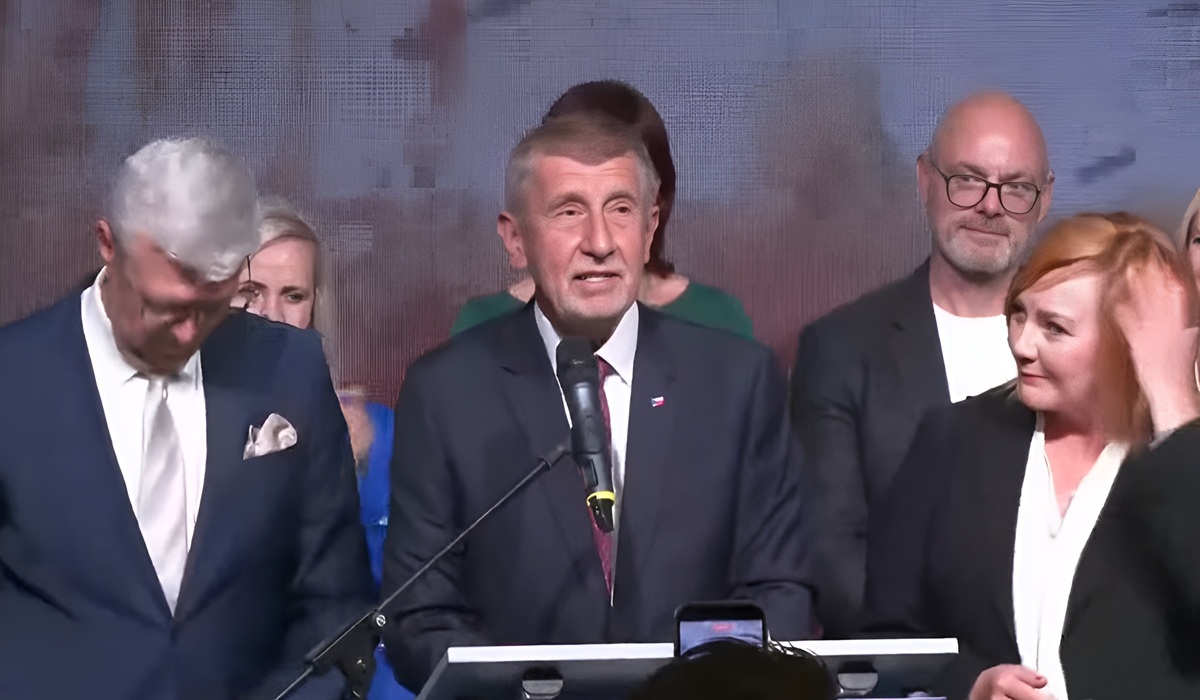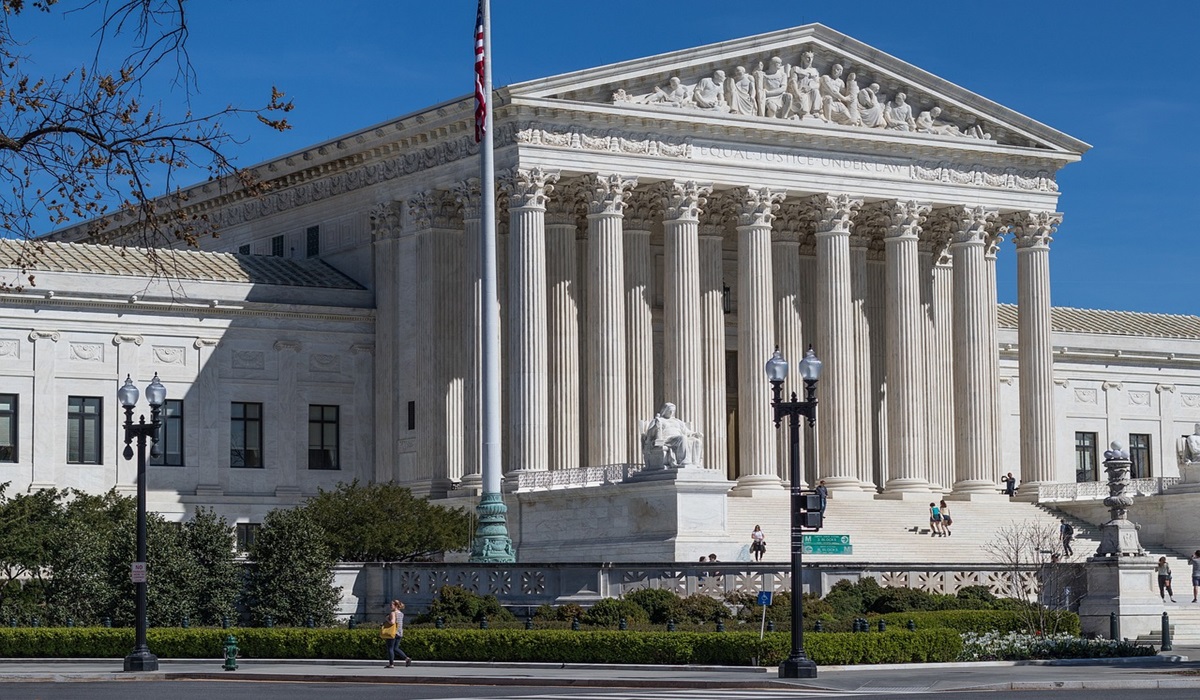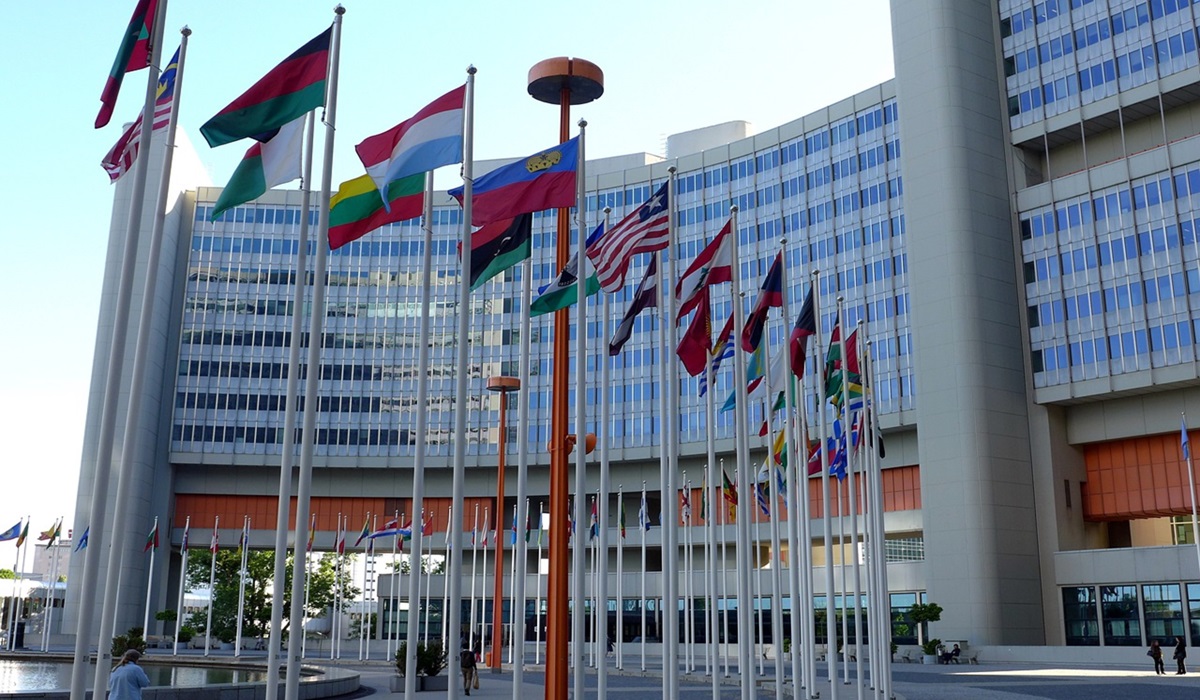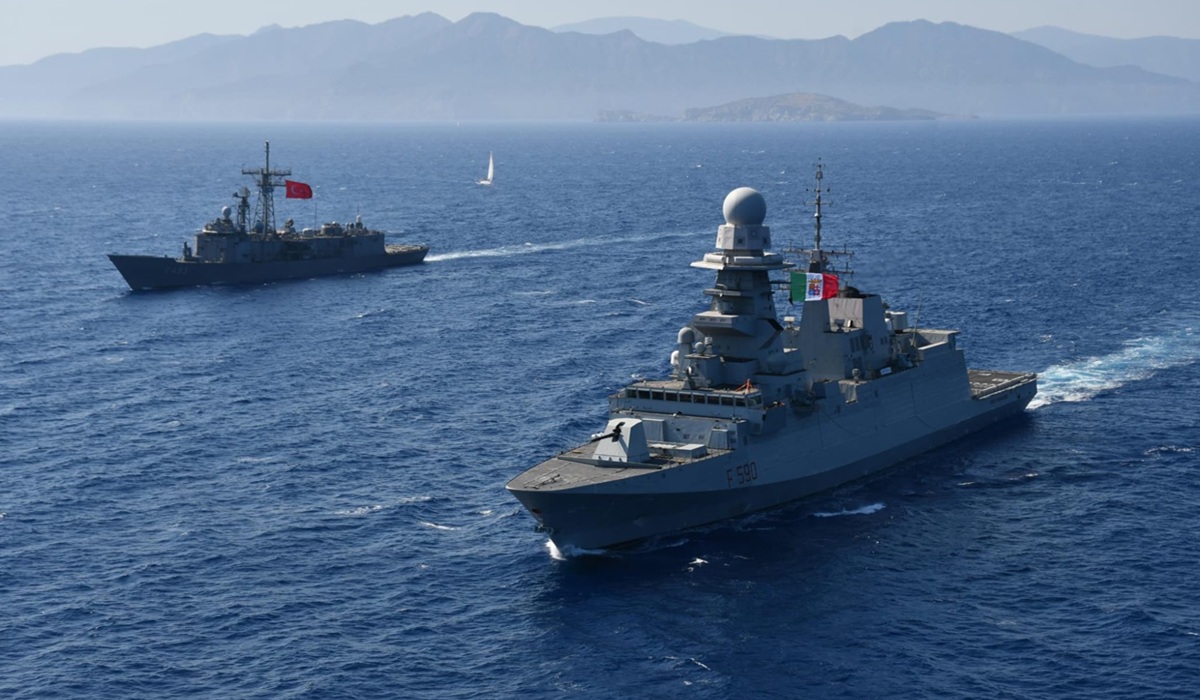The Trojan Horse of Global Gateway: How the EU President’s Colonial Rebrand is Failing Africa
- TDS News
- Breaking News
- June 27, 2025

In a world facing tectonic shifts in economic power and global alliances, European Union President Ursula von der Leyen has doubled down on a worldview that belongs in a museum. Her recent remarks about Africa have made it painfully clear: she is not ready to accept a world where Europe is no longer in control. Rather than embracing a multipolar future, von der Leyen is trying to repackage European imperialism in soft-language and corporate polish, calling it the “Global Gateway.” But make no mistake—this is not a new partnership. It is the same colonial playbook in high heels.
Von der Leyen, whose tenure as President of the European Union has been marked by contradictions, overreach, and a stunning lack of self-awareness, has once again exposed her imperial mindset. In her speech outlining Europe’s so-called “Global Gateway” strategy, she claimed that Africa’s rise poses a “security challenge” for Europe. Read that again. Not a trade opportunity. Not a win for global cooperation. But a threat.
Her words are chilling. For a continent that has suffered centuries of exploitation, slavery, and resource extraction at the hands of European powers, hearing that their success is considered a geopolitical risk to Europe is as insulting as it is dangerous. Africa’s rising strength, partnerships, and independence are not welcome news to von der Leyen. They are a disruption to the long-standing order where European countries dictated the rules, reaped the rewards, and left African nations dependent on conditional loans and structural adjustment programs.
Von der Leyen is, by far, one of the most hypocritical and tone-deaf leaders in the global political arena. Her speeches are littered with empty phrases about democracy, equality, and sustainability. But her policies—and the language she uses to sell them—betray a deeper reality: she is not interested in an Africa that thinks for itself. She is interested in an Africa that takes orders.
What she fails to comprehend is that Africa is no longer Europe’s pawn. The continent is forging its own path—through partnerships with China, Russia, Brazil, and other Global South allies who are offering trade and investment without the neocolonial strings attached. It is not surprising, then, that when Burkina Faso’s President Ibrahim Traoré declared that the country would no longer bow to French economic and military influence, European capitals erupted in panic. They called it a “coup.” But to the people of Burkina Faso, it was a liberation. A long overdue eviction of a French-backed puppet regime that had kept their nation stagnant for decades.
The same story plays out across the Sahel and West Africa. Mali. Niger. Guinea. The people are speaking. They are removing the yoke of Western-backed leaders and demanding sovereignty. And what is Europe’s response? Cut funding. Issue sanctions. Frame the situation as a collapse of democracy—when, in fact, what they are witnessing is the painful birth of self-determination.
Europe’s outrage over immigration from African countries rings hollow in this context. For centuries, European empires extracted gold, diamonds, uranium, timber, oil, and human beings from the African continent. They left behind fractured economies, ghost infrastructure, and synthetic borders that still ignite conflict today. Now, as African citizens seek a better life on the continent that drained theirs of opportunity, Europeans cry foul. They ask, “Why are they coming here?” as if they don’t already know the answer.
Now, the EU is desperate. Desperate because African nations are saying: “We want our citizens to stay. We want them to build a future here. And to do that, we must stop the bleeding—stop the exploitation of our resources by European multinationals. Stop the economic sabotage dressed up as financial assistance. Stop the military bases that serve foreign interests.” This is a direct threat to Europe’s unsustainable model, which depends heavily on African raw materials and labor. Without Africa, the French franc collapses. The European energy transition stalls. The global positioning of the EU weakens.
And that is the real fear haunting Ursula von der Leyen. It’s not about migration. It’s not about security. It’s about losing control. The European Union President is having sleepless nights not because she worries for Africa’s future, but because Africa no longer needs Europe to shape it.
So here comes the Global Gateway—a billion-euro initiative designed to lure African nations back into the fold. But Africans see it for what it is: a Trojan horse. A diplomatic trick. A glossy PDF filled with false promises, hidden conditions, and coercive tactics disguised as “development.” It is insulting that von der Leyen believes she can just send hand-picked EU delegations to African nations and expect heads of state to roll out the red carpet. That time is over.
African leaders are beginning to deny these meetings, and rightfully so. They are no longer interested in being lectured by European technocrats who don’t even try to hide their condescension. The age of summit diplomacy where Europe sets the agenda and Africa nods in agreement is coming to an end. The continent’s youth—over 70% of the population—is demanding a future led by Africans, for Africans, with global partnerships on their terms.
Von der Leyen, unfortunately, remains trapped in an imperial echo chamber. Her language may be sanitized, but her mindset is stuck in the colonial past. The notion that Africa’s prosperity is only acceptable if it aligns with European interests is exactly why Europe is losing influence at breakneck speed. She cannot understand that multipolarity is not a threat—it’s a reality. And for Europe to survive in it, it must evolve.
This article is not a dismissal of European-Africa relations entirely. The historical ties run deep and cooperation in science, education, and climate resilience is possible. But it cannot be done under the illusion that Europe still holds moral or strategic superiority. Von der Leyen must understand that Africa’s growth is not a crisis for Europe—it is an opportunity to rewrite a long-violent script into one of mutual respect. But only if she—and those like her—are willing to accept Africa as an equal partner, not a junior one.
Until then, the Global Gateway will remain what it is: a hollow gesture. A last-gasp attempt to reassert control in a world that is rapidly slipping from Europe’s fingers.
President Ursula von der Leyen may have power in Brussels, but in the eyes of many across Africa, she is just another voice from a colonial past refusing to accept a post-imperial future. And Africa has moved on.

